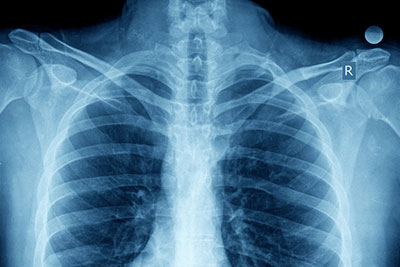Epidemiology
What is epidemiology?
Epidemiology is the study of factors affecting health and illness in communities and populations. Epidemiologic research methods form the cornerstone of public health. Epidemiological researchers seek to improve health and reduce risk factors for disease and illness.
What are we doing in the area of epidemiology?
Epidemiology faculty in the School of Public Health engage in a wide range of research areas, including but not limited to:
- injury prevention and prevention of injury-related disability
- chronic diseases (e.g., asthma, cancer, diabetes, cardiovascular disease)
- health equity
- acute and chronic pain conditions
- mental health
- health promotion
- nutrition, physical activity, and obesity in childhood
- global health
- genetics
- infectious diseases
- development of novel and innovative epidemiologic and biostatistical methods
This work is conducted in the context of multi- and inter-disciplinary collaborations at the local, national and international level.
What is the focus of our research?
Examples of our current projects include:
- the study of psychosocial factors and their role in recovery after musculoskeletal injury
- health outcomes of persons with pneumonia and diabetes
- treatment outcomes after hip fracture
- tracking the course of psychiatric health across the lifespan
- developing and evaluating school-based programs promoting healthy eating and active living
- cardiovascular disease and prevention of hypertension in children and youth

Assistant professor Simon Otto heads the Human-Environment-Animal Transdisciplinary Antimicrobial Resistance (AMR) Research Group (www.heat-amr.com) conducts research on the One Health epidemiology of AMR at the intersection of human, environmental and animal health.

Associate professor Shelby Yamamoto is an environmental epidemiologist who explores environmental factors that impact vulnerable populations. Her research primarily focuses on two areas: air pollution and climate change.



